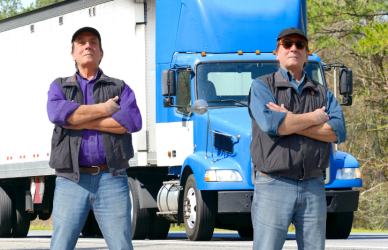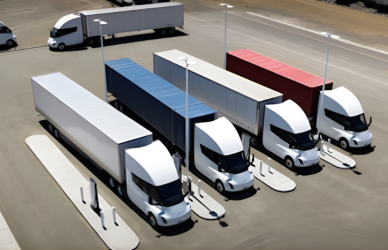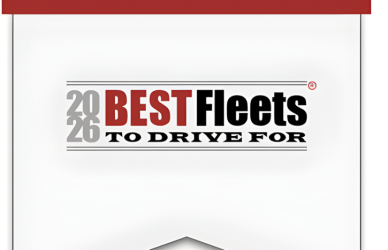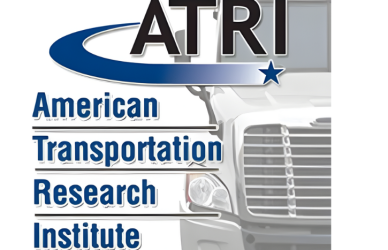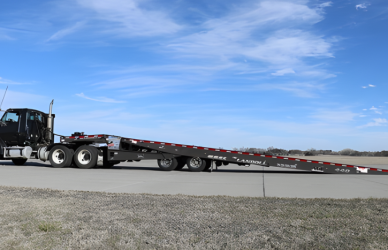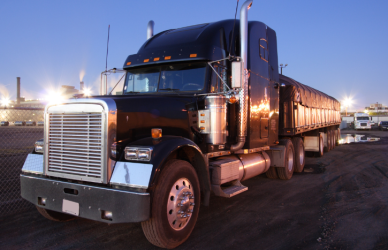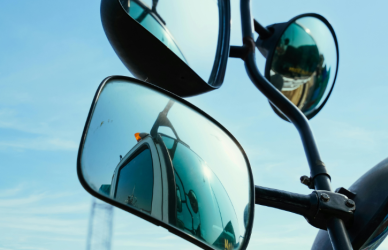Namibia, a captivating country in Southern Africa, is unlike any other. With its dry and sparsely populated landscapes, it stands as a testament to the resilience of its people. Despite its proximity to the Atlantic Ocean, Namibia relies heavily on groundwater for its everyday needs.
While Namibia borders the vast Atlantic Ocean, its residents rely on groundwater for their daily needs. The mining industry plays a crucial role in the country’s economy, providing a quarter of its revenue. Namibia stands as the fourth largest producer of uranium worldwide. In addition, tourism fuels its economic growth, with sport trophy hunting becoming an increasingly popular draw.
Jo-ann Van Wyk, a resident of the village of Witvlei in Namibia, was determined to support her son and follow her dream of becoming a truck driver. This dream became a reality after discovering the Women In Trucking Association. With the support of the Women In Trucking Foundation, Jo-ann received a scholarship to attend truck driving school. Despite facing resistance from her predominantly male classmates, Jo-ann remained unwavering in pursuit of her passion.
“I was looking for a job I will enjoy, and trucking was always on my mind,” she said.
Joining the Women In Trucking Association transformed her life – she secured a scholarship from their foundation to attend truck driving school. Being the lone female in her class, she faced resentment from most of the men who advised her to give up on her dreams. Fortunately, her trainer proved to be a supportive ally throughout her journey.
CDL schools in Namibia are not regulated, and according to Jo-ann, they are often not safe for women.
“Being a woman generally is not easy because of cultural beliefs, it makes you vulnerable to many types of abuses,” she said.
Nearly one third of women in Namibia suffer from violence and domestic abuse. Many men in the country believe this is an acceptable way to treat their spouses or partners.
Jo-ann has faced her own set of challenges. Twenty years ago, she was diagnosed with HIV and experienced discrimination and prejudice as a result. She was even forced out of school because of the stigma surrounding the disease.
Jo-ann’s story is not unique. All pregnant women in Namibia are tested for HIV, and if they test positive, they are often blamed for spreading the virus to their partners. The Ministry of Health estimates that nearly sixteen percent of women and eleven percent of men in the country are HIV positive.
After doing her research about living with HIV she learned, “actually it wasn’t a death sentence – all you need is treatment and support.” Jo-ann started a support group for women living with the virus because she wanted, “women to get out of it and become more independent, because most of us got (infected) while being at home and we rely on (our) man.”
Thanks to a tuition grant from Women In Trucking’s Foundation, she has received the necessary training and now drives a tanker truck. She is currently completing her on-the-job training and striving for a permanent contract.
Jo-ann has even bigger aspirations though – she wants to establish her own truck driving school. Recognizing the lack of training standards, she plans to design a curriculum and introduce certified training as the new norm. In addition, she aims to create a CDL manual, a resource currently unavailable in Namibia.
Her ultimate goal is to empower women and provide them with independence, eliminating the need for them to endure culturally accepted mistreatment by men.
Jo-Ann’s goal, “will ensure that I get as many women (as possible) out of poverty (and) gender-based violence, especially those who want to go into trucking and don’t know where to start.
“I want to tell others never give up,” Jo-ann added, “it took me 10 years … to become a qualified dangerous goods driver.”
Jo-ann’s uncertainty about qualifying for the tuition grant led her to rely on prayer for hope. Thanks to the Women In Trucking Association, she has achieved self-sufficiency and escaped gender-based violence.
She is thrilled to share that she now has, “a bank account and a salary.” She added, “I can bring food to the table.”
If you’d like to be a part of the change and help women like Jo-ann, visit womeinintruckingfoundation.org and consider donating to the cause.
Source: Women in Trucking
Photo: Women in Trucking



